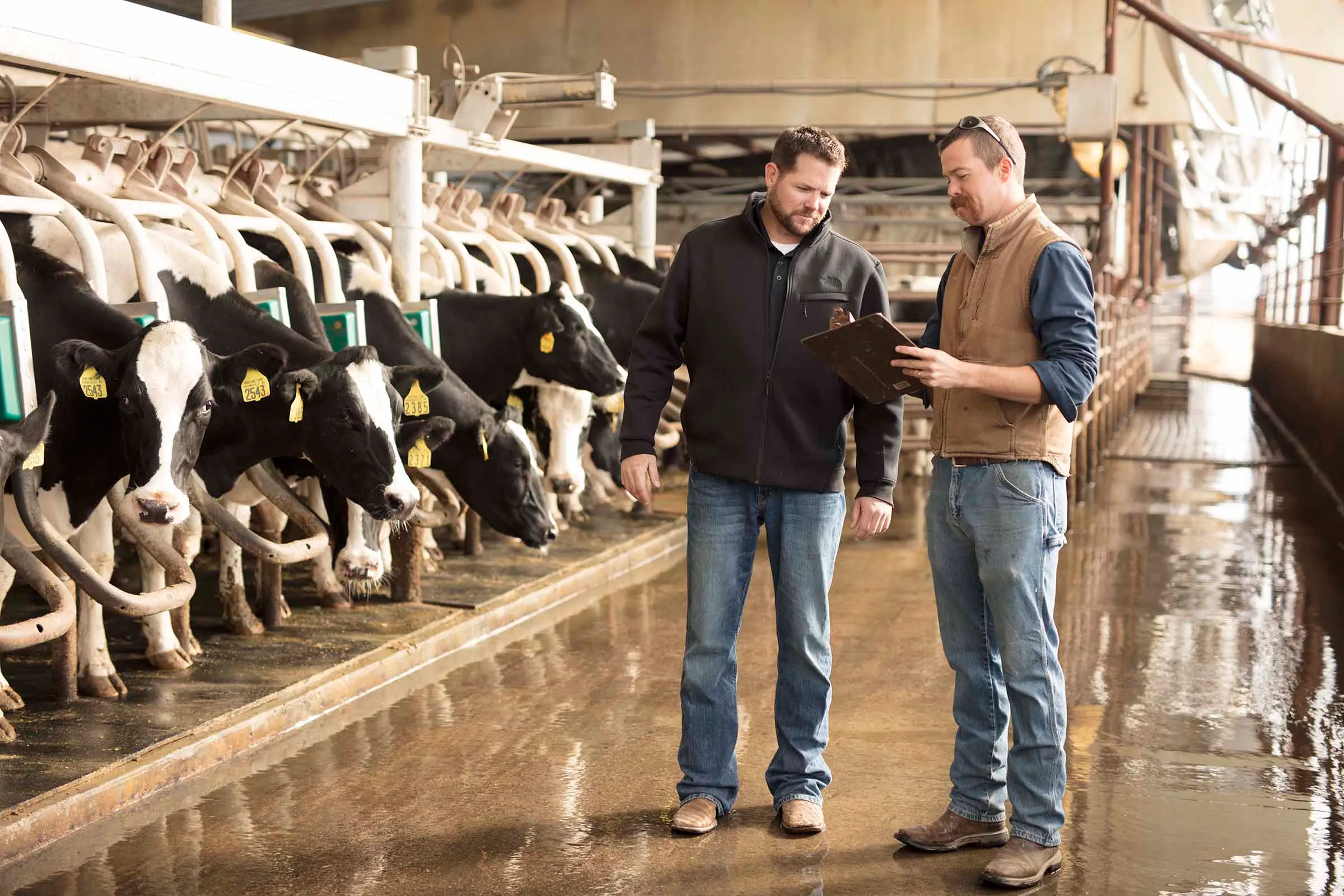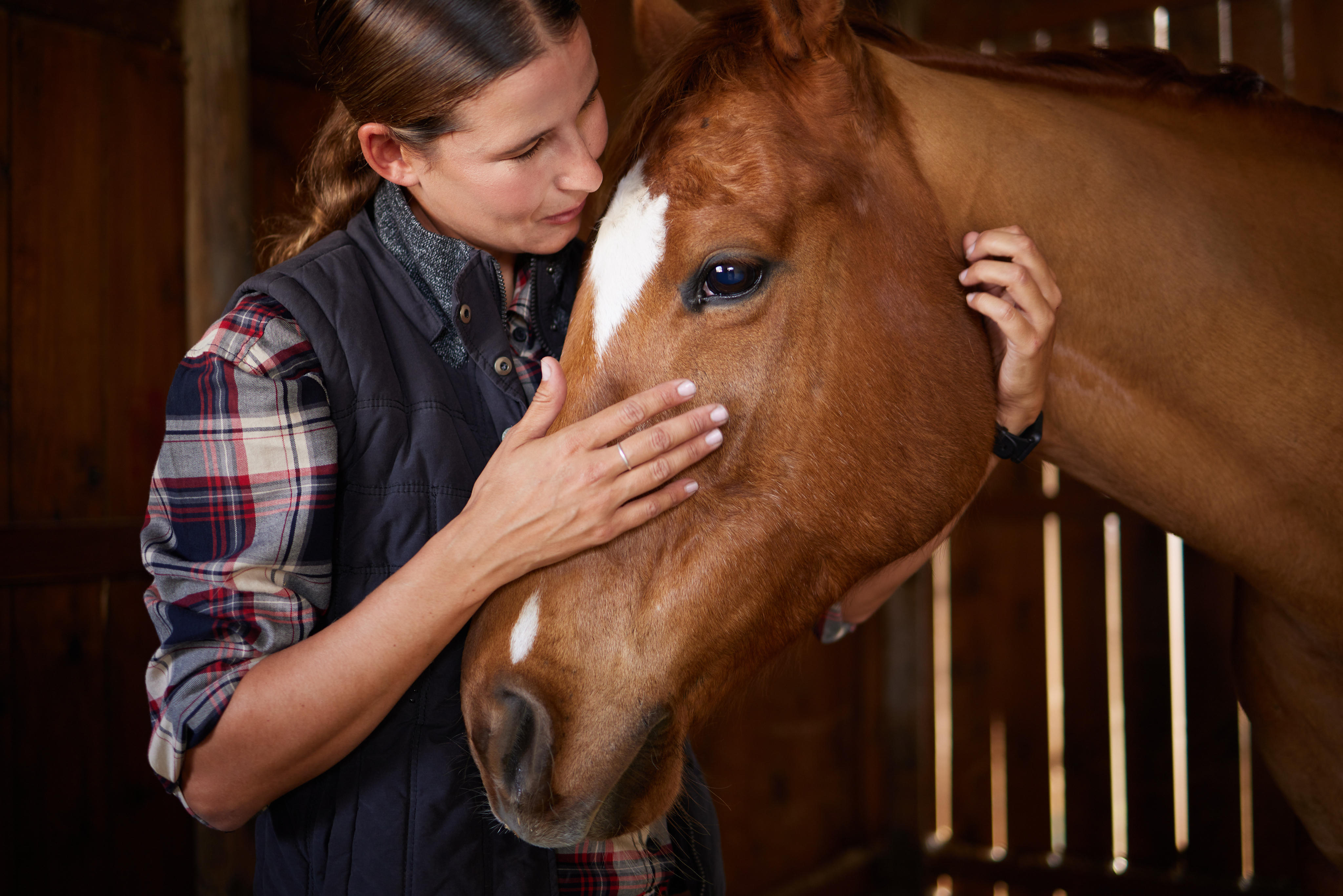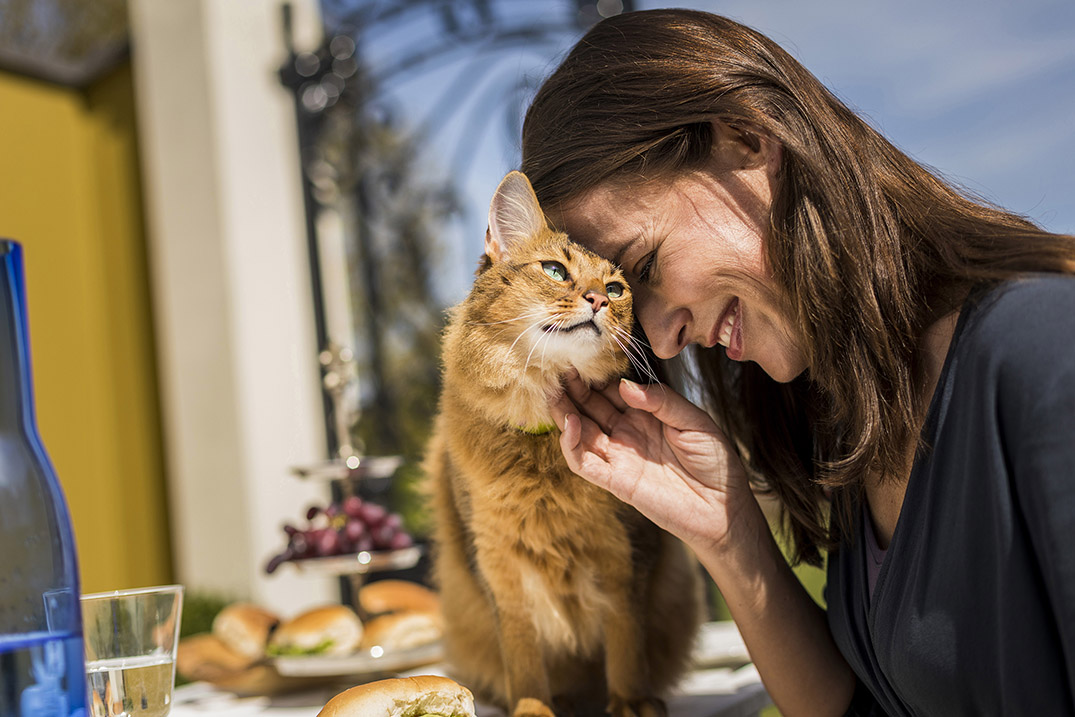Life Stages
Horse care for the life of the horse and understanding the different life stages of a horse are important for several reasons:
- Health and Well-being: Proper care during each life stage helps maintain the horse’s overall health and well-being. This includes providing appropriate nutrition, managing exercise and workload, and addressing any specific health needs or concerns that may arise. Understanding the unique requirements of each life stage allows horse owners to provide the necessary care to keep their horses in optimal condition.
- Preventing Health Issues: Different life stages come with specific health risks and challenges. By understanding these stages, horse owners can take preventive measures to minimize the likelihood of certain health issues. For example, appropriate nutrition during the gestation period of a broodmare can reduce the risk of developmental problems in the foal. Similarly, early detection and management of age-related conditions in senior horses can improve their quality of life and longevity.
- Performance and Productivity: In disciplines such as racing, show jumping, or dressage, a horse’s performance and productivity depend on its physical and mental condition. Understanding a horse’s life stages allows owners and trainers to tailor management and training practices accordingly. This includes adjusting exercise regimens, providing suitable nutrition, and ensuring proper rest and recovery periods.
- Economic Considerations: Horse care is a significant financial investment. Understanding the different life stages helps owners plan for the specific needs and costs associated with each stage. For instance, breeding and raising a foal requires careful planning, additional resources, and specialized care. By having a comprehensive understanding of the life stages, owners can budget and allocate resources effectively.
- Ethical Responsibility: As caretakers of horses, it is our ethical responsibility to provide them with the best possible care throughout their lives. Understanding the different life stages allows us to meet their changing needs, promote their well-being, and ensure a good quality of life as they age. It also enables us to make informed decisions regarding their management, healthcare, and retirement plans.
Overall, horse care for the life of the horse and understanding the different life stages of a horse is crucial for promoting the horse’s health, preventing problems, optimizing performance, managing costs, and fulfilling our ethical obligations as horse owners and caretakers.
Broodmare
Anyone who breeds horses knows that caring for a broodmare is completely different from any other horse. With every decision, two lives are affected, and each decision must be carefully evaluated. Attention to your mare’s healthcare starting before she is even bred is the best way to ensure your foal lives up to his genetic potential.
Foal
The key to raising a healthy foal is preparation and prevention. A well-balanced diet is critical during this first year of life to ensure optimal nutrition and controlled growth.
Young Horse
Yearlings and 2-year-olds go through a period of constant transition. They may experience changes in ownership, barns, and routines, which can have a negative impact on their health. This age group requires special attention to ensure their well-being during these transitions.
Pleasure Horse
Pleasure horses are the foundation of the horse industry, encompassing horses of various sizes, breeds, and crosses. These horses are primarily used for recreational riding and trail riding. Taking care of pleasure horses involves meeting their basic health and welfare needs to ensure they provide enjoyable riding experiences for their owners.
Performance Horse
Performance horses are elite athletes that require specific healthcare and nutritional support to maintain peak performance levels. Due to their frequent travel and exposure to different environments, performance horses are more susceptible to infectious diseases, ulcer-related colic, and musculoskeletal injuries. It is essential to provide them with the necessary care to prevent and manage these conditions.
Senior Horse
Senior horses require specialized attention and care to ensure their well-being. An annual examination should focus on conditions commonly seen in older horses, such as Cushing’s disease, degenerative joint disease, and cancer. Early detection of these diseases is crucial for maintaining a long and healthy life for senior horses.




 Go To United States
Go To United States Algeria
Algeria Argentina
Argentina Australia
Australia Austria
Austria Bahrain
Bahrain Belgium (Dutch)
Belgium (Dutch) Brazil
Brazil Canada (English)
Canada (English) Chile
Chile Colombia
Colombia Croatia
Croatia Czech Republic
Czech Republic Denmark
Denmark Ecuador
Ecuador Egypt
Egypt Finland
Finland France
France Germany
Germany Greece
Greece Hungary
Hungary India
India Indonesia
Indonesia Iraq
Iraq Ireland
Ireland Israel
Israel Italy
Italy Japan
Japan Jordan
Jordan Kuwait
Kuwait Lebanon
Lebanon Malaysia
Malaysia Mexico
Mexico Morocco
Morocco Netherlands
Netherlands New Zealand
New Zealand Norway
Norway Oman
Oman Panama
Panama Peru
Peru Philippines
Philippines Poland
Poland Portugal
Portugal Qatar
Qatar Romania
Romania Russian Federation
Russian Federation Saudi Arabia
Saudi Arabia South Africa
South Africa South Korea
South Korea Spain
Spain Sweden
Sweden Switzerland (French)
Switzerland (French) Taiwan
Taiwan Thailand
Thailand Tunisia
Tunisia Turkey
Turkey Ukraine
Ukraine United Arab Emirates
United Arab Emirates United Kingdom
United Kingdom Uruguay
Uruguay Yemen
Yemen Global
Global